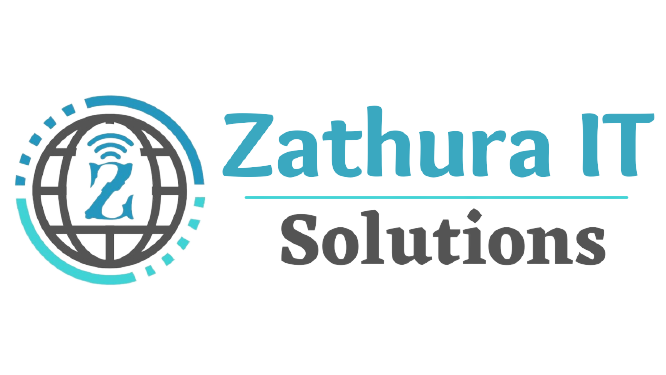
How VoIP Services Can Benefit the HR Industry
Within the workplace, VoIP services has emerged as the preferred mode of communication. This digital protocol makes it possible to communicate with stakeholders who may be thousands of miles away, guarantee trustworthy client engagement, and boost marketing efforts.
As a result, it stands to reason that numerous articles have been written about the marketing and sales benefits of VoIP services. However, it is essential to emphasize that these systems can also be beneficial to human resources. As a result, let’s look at a few examples of professional recommendations that can help raise employee satisfaction, transparency, and accountability levels within the company.
Benefits of VoIP services for HR Industry
- Helps in Recruitment Process
VoIP systems can make it easier to hire employees and when. The fact that these networks can enable virtual interviews and orientation sessions is the main takeaway. In the past, only face-to-face appointments, trade shows, and other traditional recruitment methods were possible. Despite being arguably regarded as adequate at the time, we now live in the digital age. VoIP communications can therefore be utilized during the initial stages of hiring by businesses that wish to reach a much larger demographic. In addition, these systems are just as effective when targeting a specific market niche. Location is no longer a problem.
appointments, trade shows, and other traditional recruitment methods were possible. Despite being arguably regarded as adequate at the time, we now live in the digital age. VoIP communications can therefore be utilized during the initial stages of hiring by businesses that wish to reach a much larger demographic. In addition, these systems are just as effective when targeting a specific market niche. Location is no longer a problem.
- The Onboarding Process
Supervising the onboarding process for new employees is one of the most important responsibilities that HR professionals must take care of. A fair amount of direct communication is required to keep this talented employee. This primarily entails assisting the worker in question in adjusting to a new setting and ensuring a smooth transition. Several bespoke solutions that are made possible by VoIP systems are simply not possible with outdated options.
- Efficient Telecommunications
The well-known fact that more and more businesses are encouraging employees to work remotely has been confirmed by numerous studies. This method has a number of advantages that can be attributed to it. The only real concern is that conventional means of communication are insufficient in this instance. Human resource professionals once more select VoIP solutions for this reason. Without a more proactive technological approach, remote management can be challenging, which is the issue here. In this sense, VoIP is successful. In the event of a problem (such as when a worker is unable to complete a project
Within the allotted time frame), HR can monitor the status of employees in real-time. There are other options. The same systems can also be used as a check-in service to make sure that employees are following the terms of their contracts.



